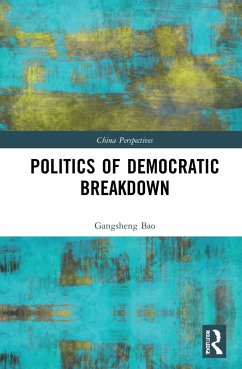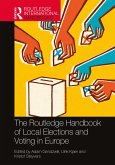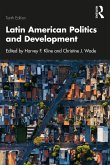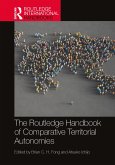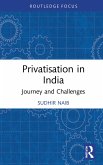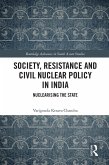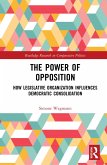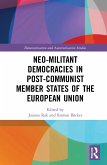Democratic breakdown as a political and historic event can impact the fate of millions, if not hundreds of millions of people, by changing the political complexion of a country. This book attempts to systematically explain why democracies collapse.
The author's main theoretical argument is based on the examination of two factors. One is political cleavages among voters. These can cause serious political conflicts and may lead to fierce political confrontation and major upheaval at the society level. The other revolves around the types of political and institutional arrangements under democratic regimes. Centrifugal democratic regimes are likely to weaken government capacity or state capacity, rendering governments incapable of effectively resolving political conflicts and, when these two factors come together, political conflicts are less likely to be controlled effectively. These situations can evolve into serious political crises and eventually lead to the collapse of democratic regimes. The empirical research of this book is based on a comparative historical analysis of Germany, Nigeria, Chile, and India.
Examining democratic collapses from both theoretical and empirical perspectives, this book will be of interest to those engaged in the study of democracy, Political Science, Comparative Politics, and Political Theory.
The author's main theoretical argument is based on the examination of two factors. One is political cleavages among voters. These can cause serious political conflicts and may lead to fierce political confrontation and major upheaval at the society level. The other revolves around the types of political and institutional arrangements under democratic regimes. Centrifugal democratic regimes are likely to weaken government capacity or state capacity, rendering governments incapable of effectively resolving political conflicts and, when these two factors come together, political conflicts are less likely to be controlled effectively. These situations can evolve into serious political crises and eventually lead to the collapse of democratic regimes. The empirical research of this book is based on a comparative historical analysis of Germany, Nigeria, Chile, and India.
Examining democratic collapses from both theoretical and empirical perspectives, this book will be of interest to those engaged in the study of democracy, Political Science, Comparative Politics, and Political Theory.

